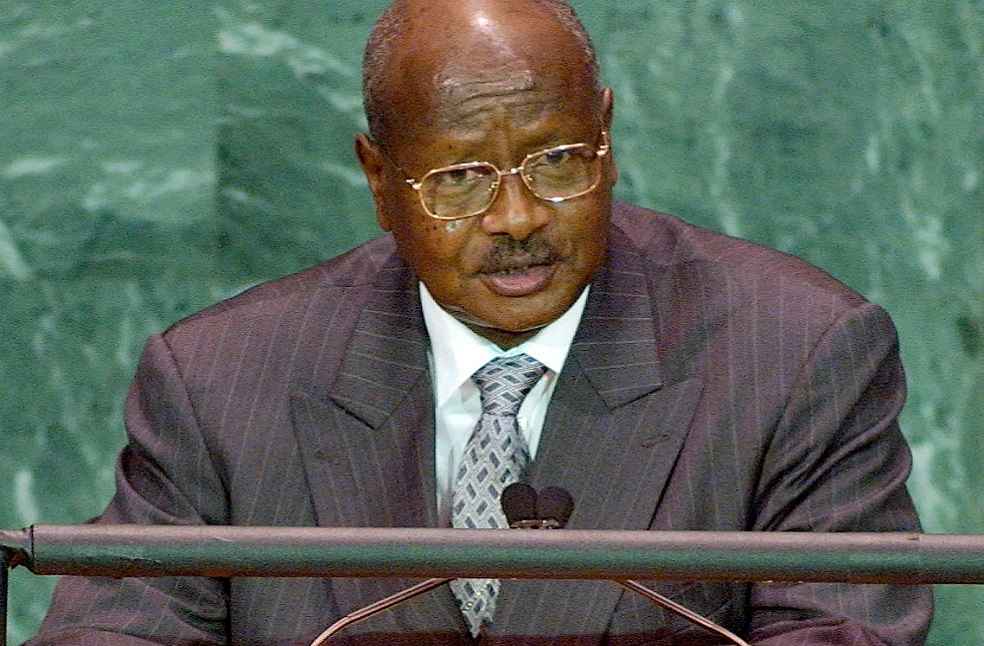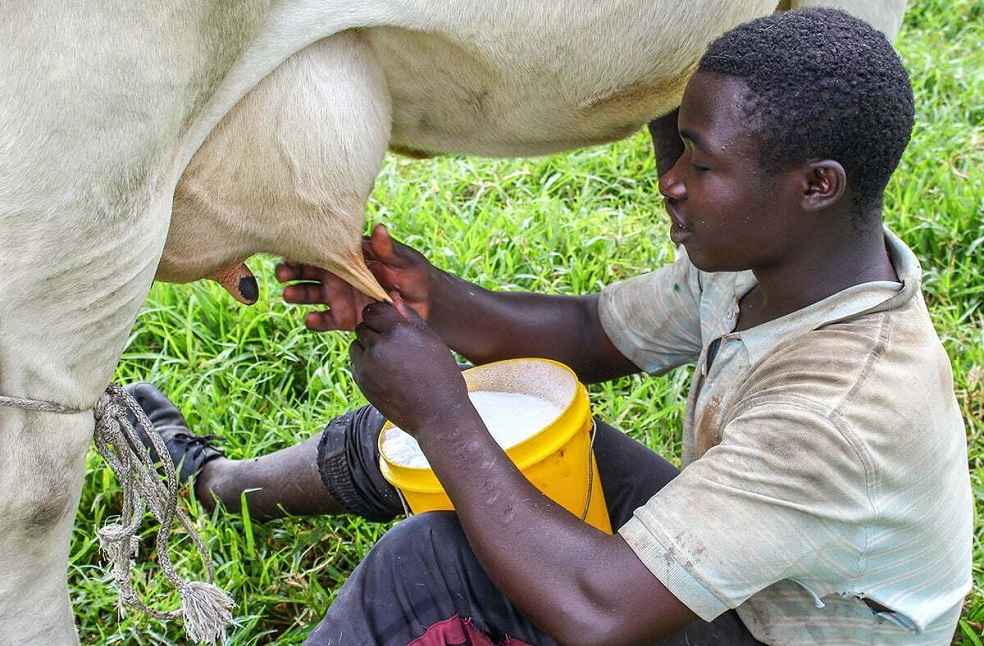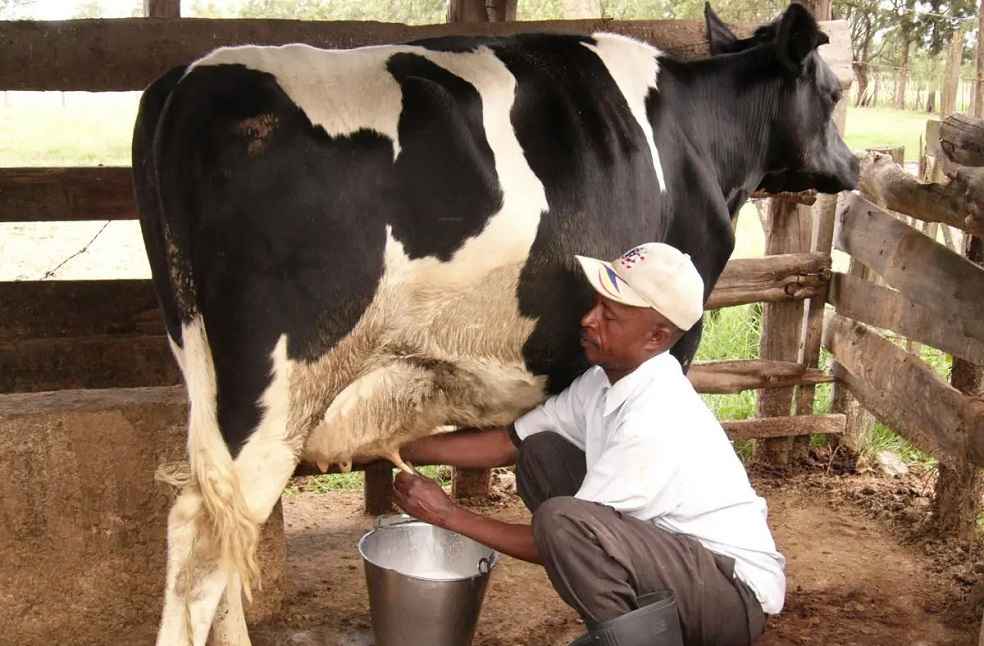Amid the Ugandan dairy crisis, Kenya is denying export permits, thereby plunging the Ugandan dairy sector into dire financial straits. The implications are severe for Ugandan farmers and processors who are now forced to navigate the challenging task of exploring alternative markets, as Kenya, their primary East African market, continues to reject export applications.
Brookside Dairy Uganda, a major player in the local industry, had to lay off about 200 employees in June due to the export challenges that have forced a 75 percent reduction in milk production. Since March, Brookside reported that the Kenyan capital Nairobi declined its 116 export permit applications.

This problematic development has roots in the domestic political arena of Kenya. Some attribute it to the supremacy struggle between President William Ruto and his predecessor, Uhuru Kenyatta. The Kenyatta family is a major stakeholder in Brookside, suggesting that the dispute may have repercussions beyond the borders of Kenya.
An earlier agreement brokered by Ugandan President Yoweri Museveni to export milk to Algeria appears to have collapsed. However, a potential new arrangement might be on the horizon. President Museveni recently asked visiting Senegal President Macky Sall to consider importing Ugandan milk. In response, President Sall agreed to purchase powdered milk from Uganda, offering a ray of hope to the beleaguered dairy industry.
Brookside Dairy’s competitors, primarily Pearl Dairy, have seemingly evaded the export restrictions to Kenya, adding an interesting twist to the narrative. Pearl Dairy, having faced similar setbacks in 2020, is now expanding and recently sought a significant loan from the International Finance Corporation to support their growth plans.

As Brookside struggles, Uganda’s milk industry is on a mission to find consumers for the 3.2 billion litres of milk produced annually. This predicament has resulted in plummeting milk prices, with farmers experiencing significant losses.
Despite the setback, Ugandan officials maintain optimism, emphasizing that they continue to seek new buyers for their milk. However, the fruitless search thus far has highlighted the challenges inherent in the global dairy trade and the vulnerability of countries reliant on singular export markets.
This scenario raises crucial questions about the fair trade practices within the East African Community (EAC), the balance of power between member states, and the potential effects of domestic politics on international trade agreements. As the Ugandan dairy sector teeters on the brink of economic ruin, the need for a diplomatic resolution becomes increasingly urgent.

The current crisis highlights the importance of diversification in international trade, not just for Uganda, but for countries globally. As the world becomes more interconnected, nations must strive to maintain a wide range of export partners to prevent economic vulnerability and mitigate potential losses. Meanwhile, it’s imperative for the EAC to facilitate a resolution that respects the interests of both Kenya and Uganda, while ensuring that the economic wellbeing of dairy farmers and workers is not collateral damage in a political battle.
TRADE TECH | Robotic Picking Market Set for Explosive Growth, Projected to Reach $6.8B by 2030



